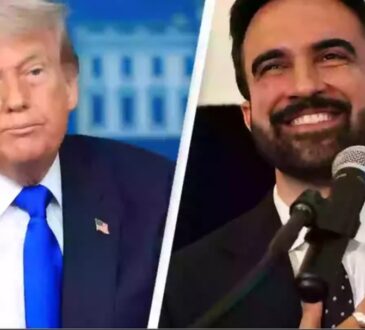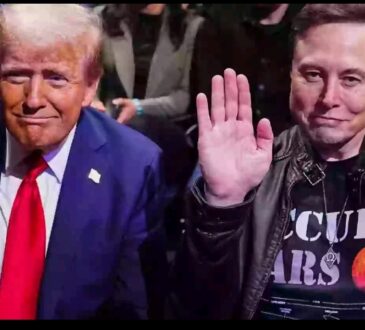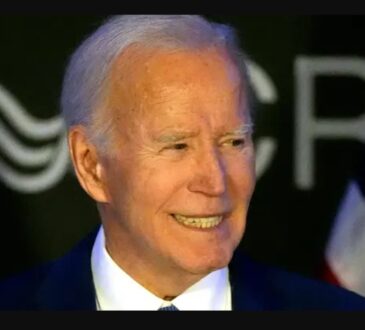
White House press secretary Karoline Leavitt faced widespread criticism for her dismissive and historically inaccurate response to a French lawmaker’s suggestion that the Statue of Liberty be returned to France. Raphael Glucksmann, a member of the European Parliament, argued that the U.S.
under President Donald Trump no longer embodies the values of freedom and democracy symbolized by the statue, which France gifted to America in 1886.
When asked about Glucksmann’s comments, Leavitt replied, “Absolutely not,” and added, “It’s only because of the United States of America that the French are not speaking German right now,” implying that the U.S. single-handedly saved France during World War II.
Her remarks were quickly fact-checked and condemned on social media, with critics pointing out the historical inaccuracies and the insulting tone toward a key ally. Many highlighted France’s crucial role in the American Revolution, including financial and military support that helped the U.S.
gain independence from Britain. Others noted that World War II was a collective effort involving multiple nations, including the Soviet Union and the United Kingdom, and that the U.S. did not act alone.
Michael McFaul, former U.S. ambassador to Russia, called Leavitt’s statement “shocking” and “insulting,” while others described it as “disrespectful” and “disgusting.” Commenters also emphasized the long-standing alliance between the U.S. and France, dating back to the Revolutionary War, and criticized Leavitt for oversimplifying complex historical events to score political points.
Leavitt’s comments reflect a broader trend of the Trump administration’s combative rhetoric toward allies, which has drawn criticism for undermining diplomatic relationships. The incident underscores the importance of historical accuracy and respect in international discourse, especially when addressing longstanding partnerships like the one between the U.S. and France.




